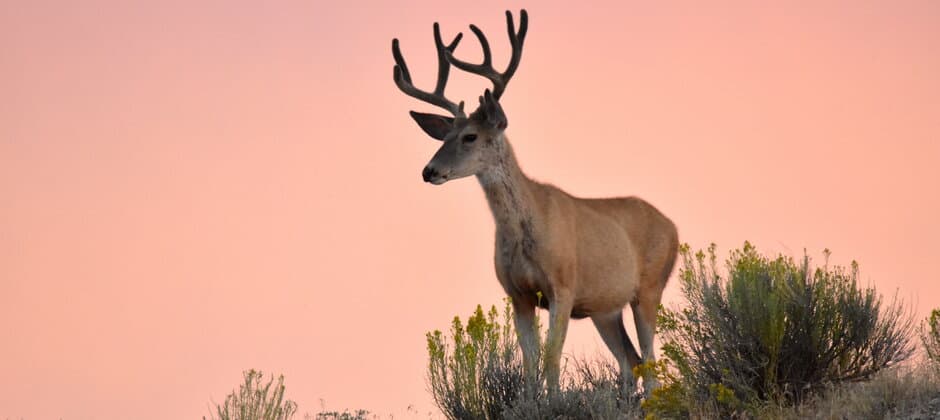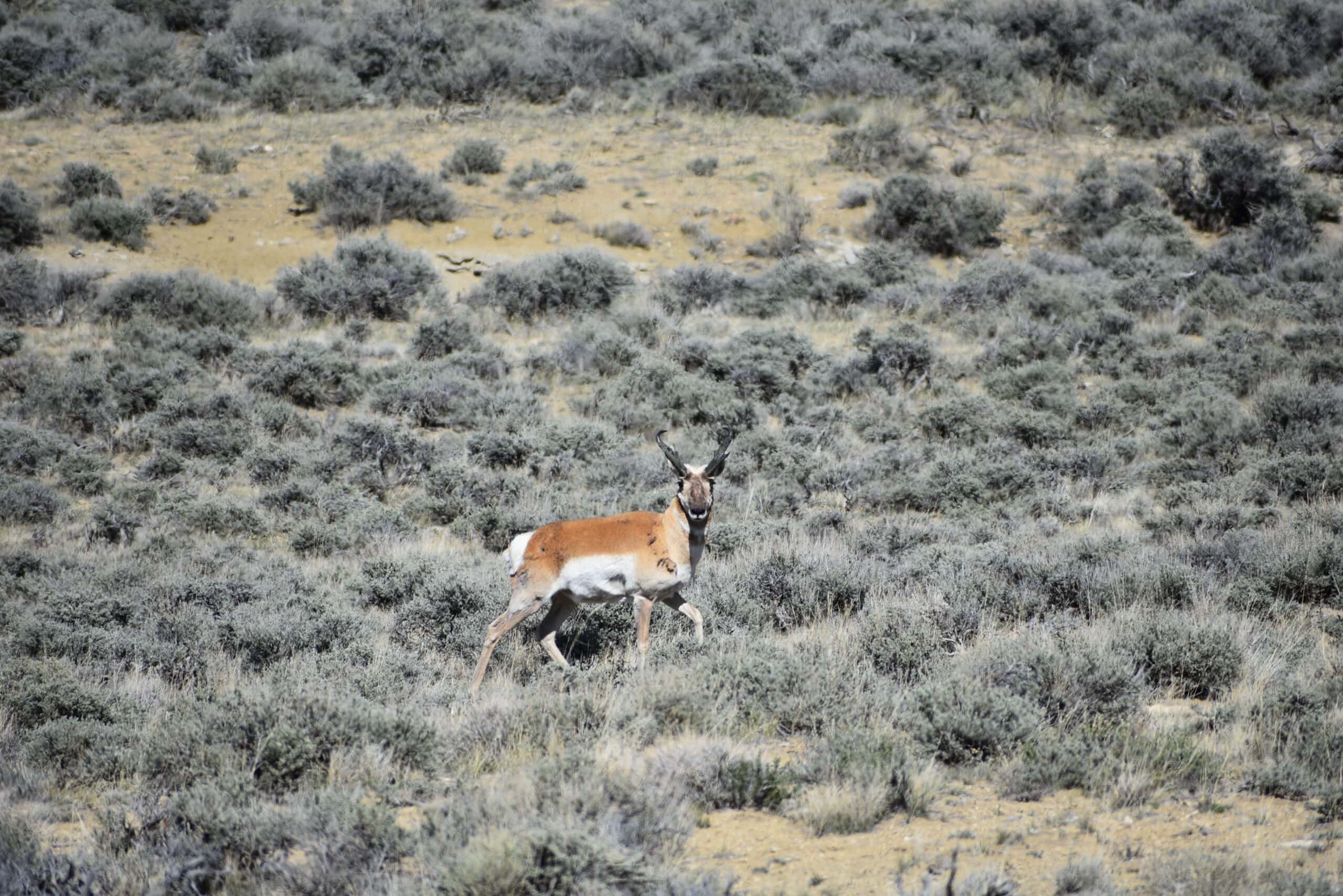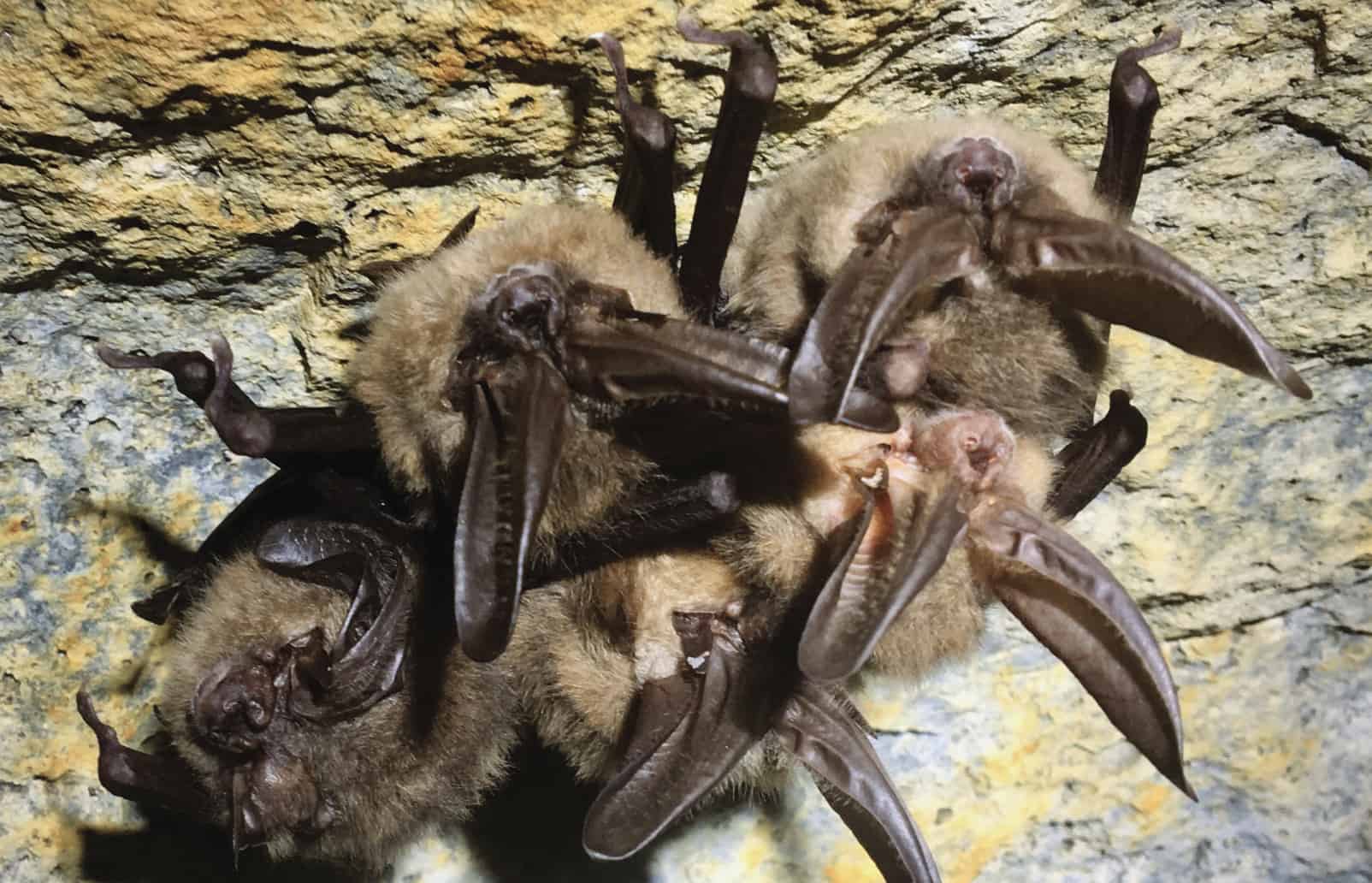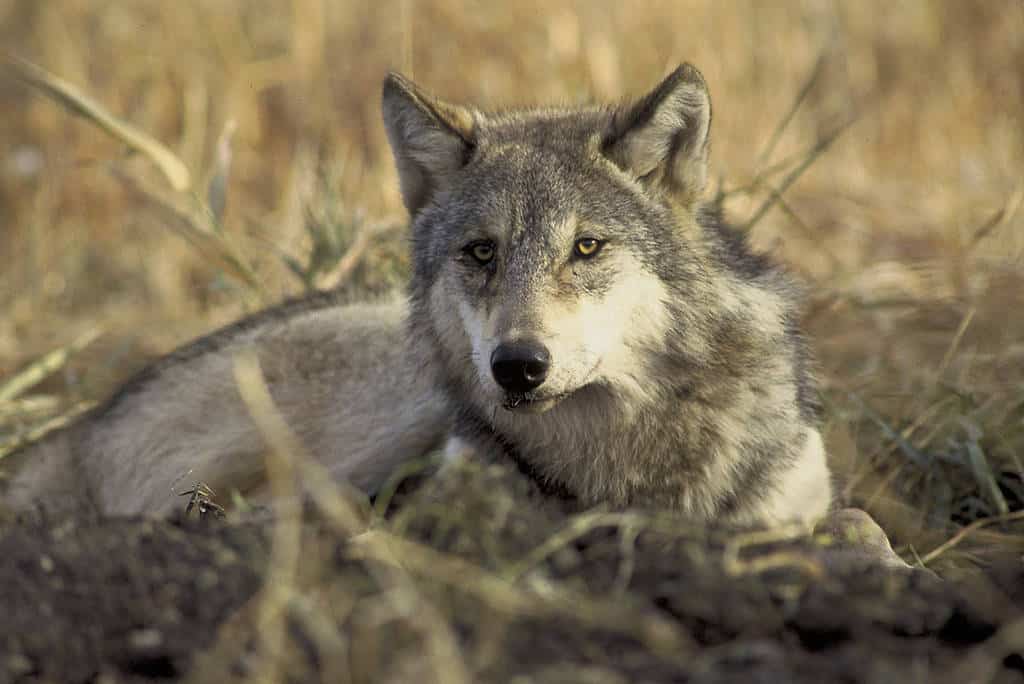Share this article
TWS urges increased Interior wildlife program funding
The Wildlife Society is recommending the Department of the Interior’s should increase funding for agency programs that support wildlife professionals and their work to conserve wildlife species and habitats in Fiscal Year 2022.
The Society submitted written testimony to the U.S. House of Representatives Appropriations Committee on these appropriations last week, focusing on spending levels for programs in the U.S. Fish and Wildlife Service, Bureau of Land Management, U.S. Geological Survey and the U.S. Forest Service.
The Wildlife Society urged Congress to provide at least $600 million in operations and maintenance funding for the National Wildlife Refuge System to allow the USFWS to begin making inroads on adequate visitor services, habitat management activities, conservation law enforcement, and long term conservation planning. The Society also requested an increase for the State and Tribal Wildlife Grants Program from $72.4 million in FY 20211 to $100 million in FY 2022. The testimony also supported robust funding for the Ecological Services Program, Partners for Fish and Wildlife and other USFWS programs.
Within USGS, TWS recommend increasing funding for the Cooperative Fish and Wildlife Research Units to $27 million, which would allow the CRUs to continue filling long-held federal scientist vacancies and work to establish new units in states that have long requested them. In its testimony, TWS also recommended at least $60 million in funding for the Climate Adaptation Science Centers to maintain relevance with stakeholder and public needs for science-driven climate solutions. In addition, TWS recommended $76 million in funding to complete much needed infrastructure improvements to the National Wildlife Health Center, a unique federal facility exclusively dedicated to scientific investigation and research on wildlife diseases that threaten human, animal and environmental health.
The Wildlife Society recommended that Congress support the Bureau of Land Management’s Wildlife and Aquatic Management program with at least $193 million in FY 2022. The Society also cautioned the BLM about the increasing number of wild horses and burros on public lands, noting that to make progress toward the BLM’s goals of ecologically sustainable rangelands, it needs to consider significant increase in removals alongside the elimination of an annual appropriations rider limiting sale and/or destruction of unwanted or unadoptable horses and burros.
The Wildlife Society also encouraged Congress to increase funding for all U.S. Forest Service Research and Development to a minimum of $330 million in FY 2022, including at least $236.5 million for Forest & Rangeland Research programming.
Appropriations committees in both the House and Senate are in the process of developing the appropriations bills for FY 2022, which will begin Oct. 1, 2021.
Header Image: The Wildlife Society submitted recommendations on funding for U.S. Department of the Interior programs supporting wildlife and wildlife professionals. Credit: Shelley C. Koerner/USFWS








